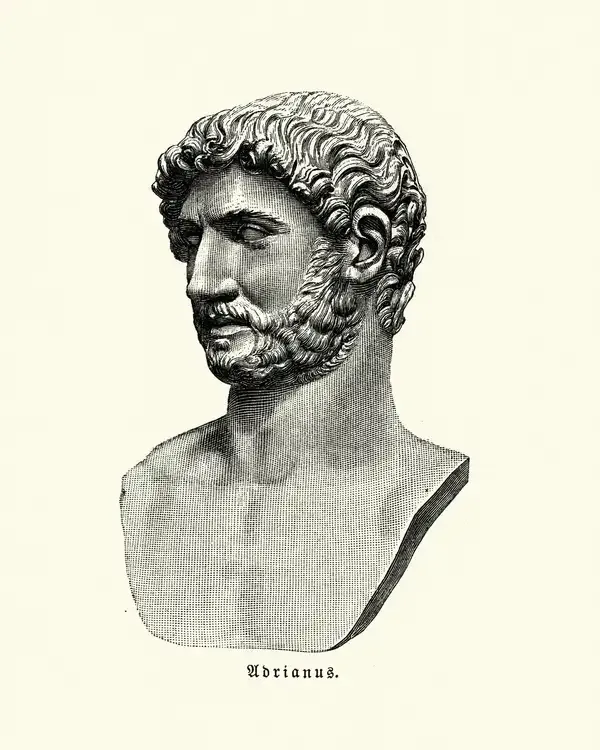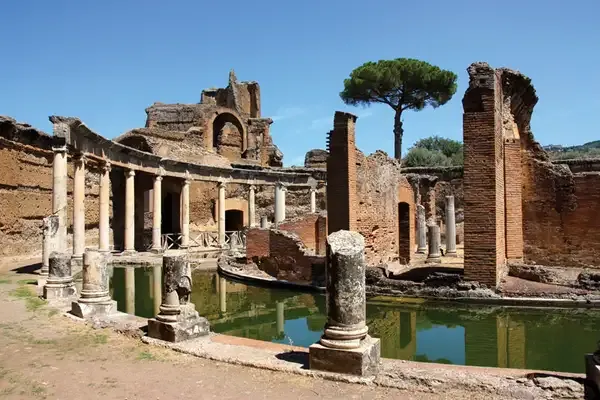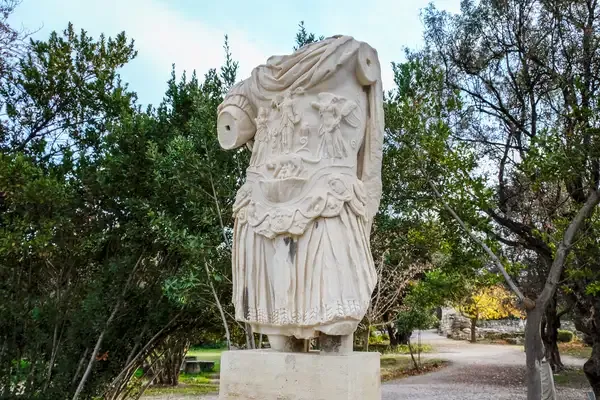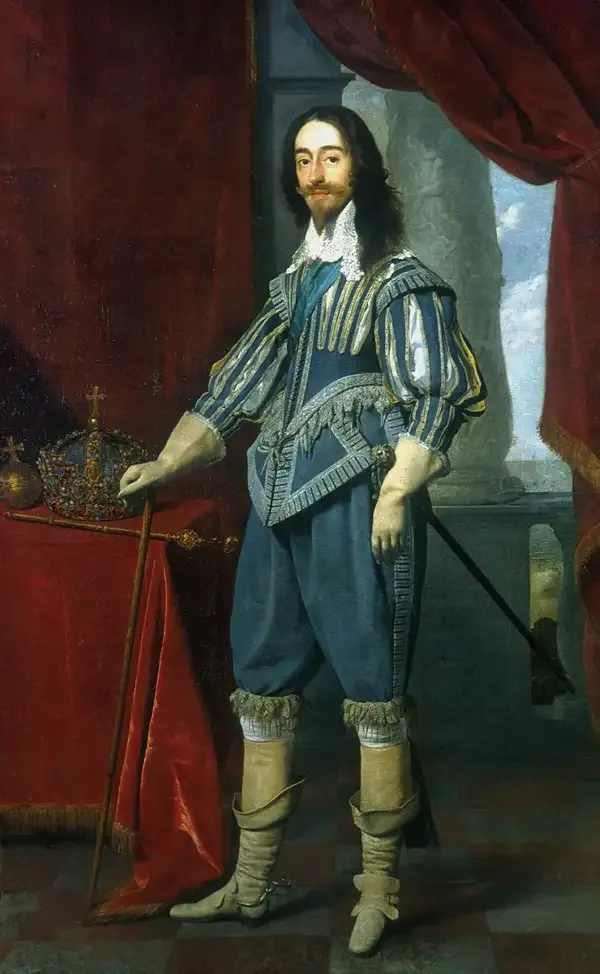6 Interesting Facts About Fidel Castro
Fidel Castro was a significant figure in Cuban history, known for leading the Cuban Revolution and establishing the first communist state in the Western Hemisphere. He survived numerous assassination attempts, showcasing his resilience and the contentious nature of his leadership. Castro was a skilled orator, often delivering speeches that lasted several hours. He had a complex relationship with the United States, marked by the Cuban Missile Crisis. Additionally, he was known for his love of sports, particularly baseball.
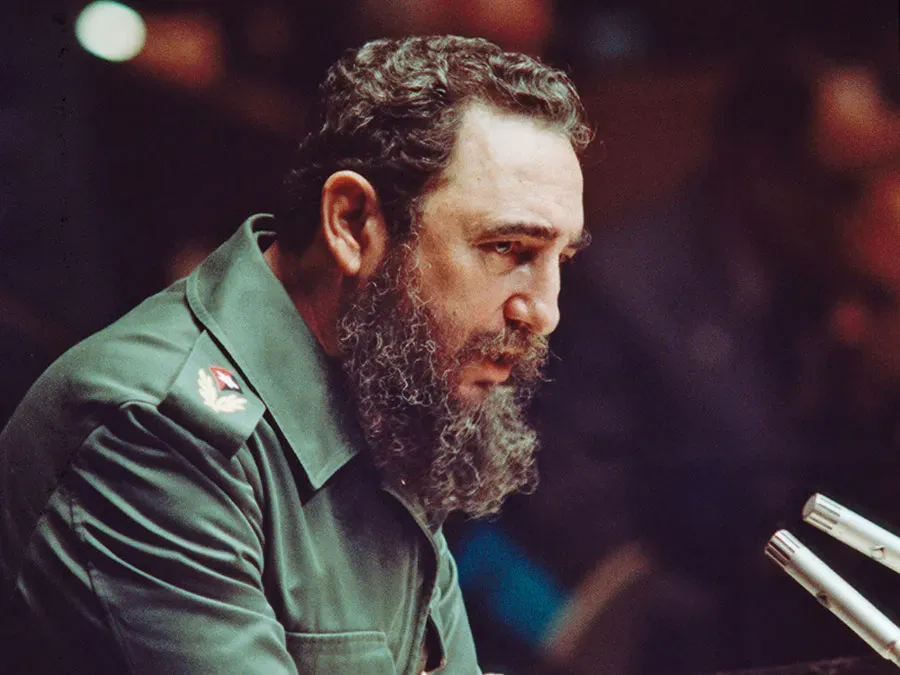
Fidel Castro, the iconic revolutionary leader of Cuba, has been a subject of fascination for historians and political enthusiasts alike. His life and legacy are filled with intriguing details that reflect both his complex personality and the tumultuous times he lived in. Here are six interesting facts about Fidel Castro that shed light on this enigmatic figure.
1. A Law Degree Before Revolution
Before becoming a revolutionary leader, ''Fidel Castro'' studied law at the University of Havana. He graduated in 1950, and his legal education played a significant role in shaping his political ideology. Castro was initially involved in politics through legal channels, challenging the corrupt government of Cuban dictator Fulgencio Batista. His legal background allowed him to articulate his views effectively, ultimately leading him towards armed revolution.
2. The Power of Propaganda
One of the most significant tools in Fidel Castro's arsenal was propaganda. He mastered the art of communication, using speeches, media, and public appearances to disseminate his revolutionary ideas. Castro's ability to connect with the Cuban people was crucial in garnering support for the ''Cuban Revolution''. His charisma and oratory skills made him a revered figure, not just in Cuba but across Latin America and beyond.
3. The Bay of Pigs Invasion
The failed Bay of Pigs invasion in 1961 was a significant event in Castro's life and the history of U.S.-Cuban relations. The invasion was an attempt by the United States to overthrow Castro's government, but it ended in disaster. Castro's forces quickly defeated the invading troops, which bolstered his image as a strong leader. The event solidified Cuba's position in the Cold War and led to increased tensions between the U.S. and Cuba.
4. Health and Longevity
Fidel Castro's longevity was a topic of widespread interest. He lived to be 90 years old, defying medical expectations at various points in his life. Castro survived numerous assassination attempts, including those orchestrated by the CIA, which further contributed to his legendary status. His resilience was often attributed to his strict lifestyle, which included a vegetarian diet and regular exercise.
5. The Role of Education and Healthcare
One of Castro's most significant legacies is the emphasis he placed on education and healthcare. After the revolution, he implemented sweeping reforms that aimed to eradicate illiteracy and provide universal healthcare to the Cuban population. These initiatives were hailed as successes and contributed to the improvement of living standards in Cuba. Despite criticisms of his authoritarian regime, many Cubans credit him with providing access to education and healthcare that were previously unavailable.
6. The End of an Era
Fidel Castro officially stepped down from power in 2006 due to health issues, and he later transferred authority to his brother, Raúl Castro. The transition marked the end of an era for Cuba and raised questions about the future of the country’s political landscape. Fidel's death in November 2016 was met with mixed reactions globally; while some mourned the loss of a revolutionary icon, others celebrated the end of a regime that had been criticized for human rights violations.
In conclusion, Fidel Castro remains a polarizing figure whose life was marked by revolutionary zeal, political intrigue, and a commitment to his ideals. Understanding these ''interesting facts'' not only provides insight into his character but also highlights the complexities of the political landscape in Cuba during his time. Whether viewed as a hero or a dictator, Castro's impact on Cuba and the world is undeniable, making him a significant figure in modern history.
| Fact | Details |
|---|---|
| Legal Education | Graduated from the University of Havana, shaping his political ideology. |
| Propaganda Master | Used media and speeches effectively to communicate revolutionary ideas. |
| Bay of Pigs Invasion | Failed U.S. attempt to overthrow his government, solidifying his leadership. |
| Longevity | Lived to 90, surviving numerous assassination attempts. |
| Education and Healthcare Reforms | Implemented policies that improved literacy and healthcare access. |
| End of Rule | Stepped down in 2006, passing power to his brother Raúl Castro. |
These captivating aspects of ''Fidel Castro's'' life not only reveal his character but also illustrate the broader historical context of his leadership. Whether in discussions about political theory, ethics, or global relations, Castro's legacy continues to evoke strong opinions and inspire debate.



